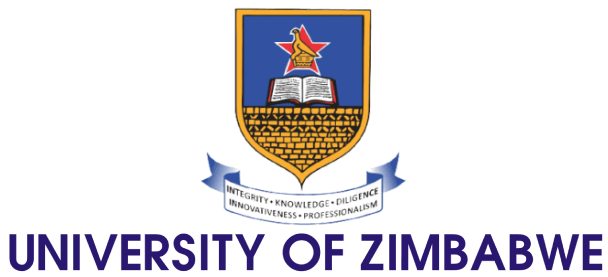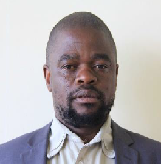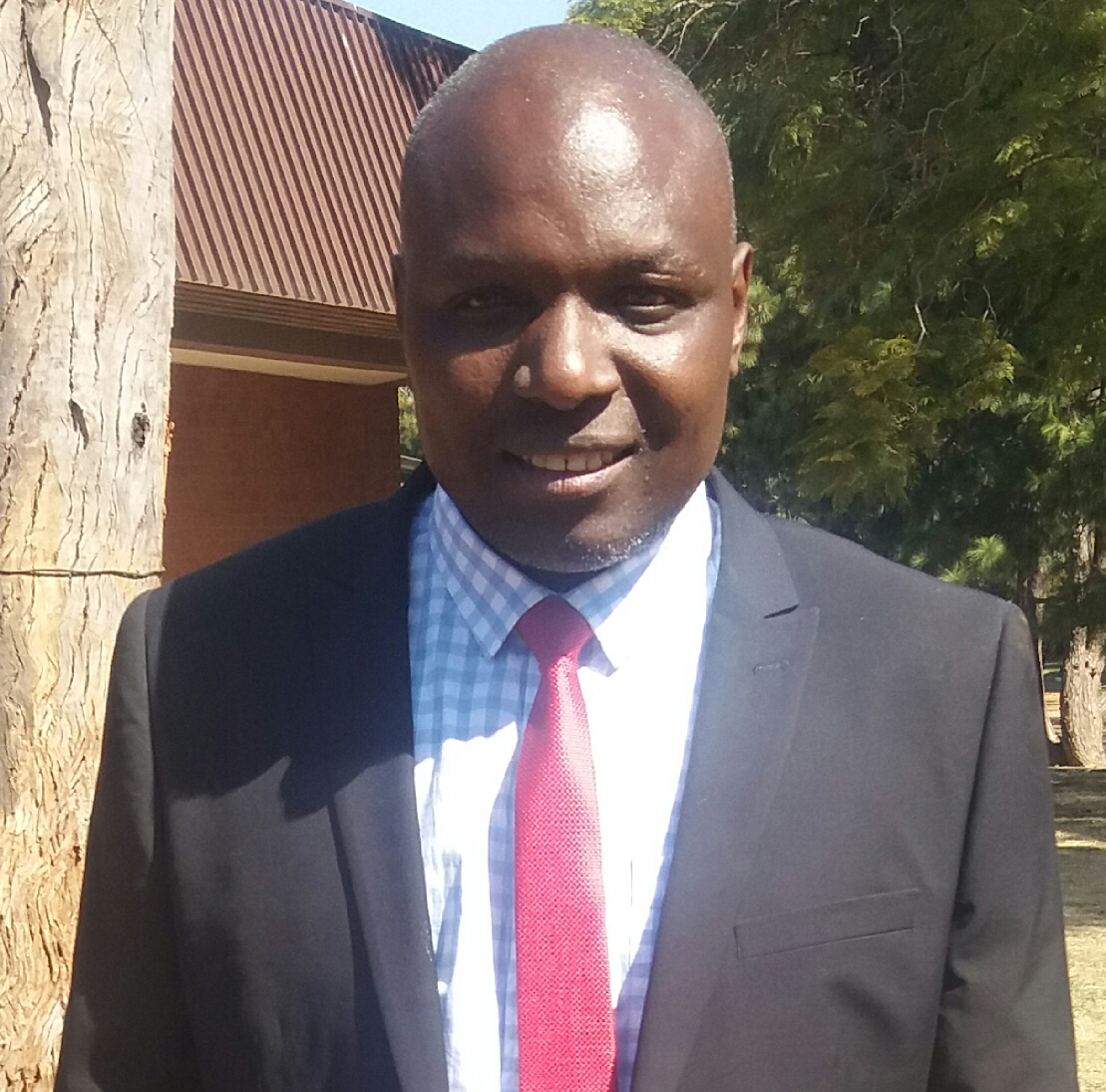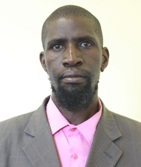Lecturer
Dr McDonald Matika
Qualifications: BSc Hon Psychology, Diploma in Industrial Relations, MSc in Occupational, Psychology, DPhil Industrial and Organisational Psychology, (UZ)
Bio: My journey into academia has its genesis in higher education administration. I find sharing knowledge more fulfilling. As a registered industrial psychology lecturer and researcher, my research is heavily involved with mental health at work and crosscultural psychology. I have also successfully carried out assessment centers for major organizations in the private and public sector in Zimbabwe. I continue to adapt and adopt the popular psychological assessments and unpack their psychometric properties in local settings. I am a keen work psychologist and am swayed by a positive view of human beings. We should ask what is good about us rather than what is wrong with humankind. I am also currently very involved in student mentorship through providing career counselling for undergraduate students as career choice is very much personality based.
Research interests: Mental Health, Work stress, Personality, Validation of Psychological Instruments.
Email: This email address is being protected from spambots. You need JavaScript enabled to view it.; This email address is being protected from spambots. You need JavaScript enabled to view it.
Phone number: +263772904754
Publications
- Matika M.C., Mhizha, S., and Makunike B, (2017). Psychological Capital and Organisational Change. Zimbabwe’s Journey Through Hell from Hyperinflation to Dollarisation. In The Impact of Dollarisation on Zimbabwe. Edited by A Makochekanwa and C Manyeruke. UZ, Publications
- Matika, M.C., (2016). Psychology in Africa: Prospects for a Black Psychology? In Knowledge Production and African Universities. University of Zimbabwe Publications.
- Mhizha S., Tandire, J., Muromo, T., Matika, M. (2016). Ecological self-image and behaviours for children living on the streets of Harare, Development Southern Africa, 33(1), p39–52
- Matika M.C & Mangena F. (2014). An ethical Analysis of the Behavioural Correlates of Excessive Executive Entitlement in Zimbabwe. Zambezia, 41(1), p58-72





